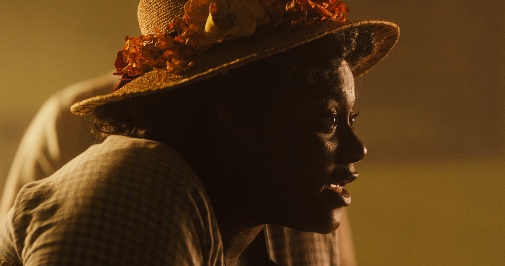
A shadow of uncertainty has loomed over the awards season for a long time. It was the enigma of a major contender yet unwatched until last week when the first screenings of The Color Purple movie musical finally took place. Now, it feels like the race is truly on, with the Blitz Bazawule's picture firmly established in the run for gold. And of the categories it might compete in, Best Supporting Actress is the surest bet. Indeed, some folk are already predicting Danielle Brooks for a sweeping victory thanks to Sofia, the sing-and-dance version of the same role that earned Oprah Winfrey a nomination 38 years ago. On stage, both Brooks and Felicia P. Fields have earned nods for the part, too. But will Taraji P. Henson's Shug Avery follow her into the 96th Academy Awards ballot?
These matters make one think about the history of the Best Supporting Actress Oscar, its embrace of musicals, and its propensity for nominating multiple people from the same film…
First, let's contend with the relationship between this Oscar race and musicals. By quite a margin, it's the acting category that most embraces the genre. If not necessarily in terms of nomination count, then in wins. Discounting showbiz biopics and other straight dramas with diegetic songs, we're left with 17 nominations and five victories.
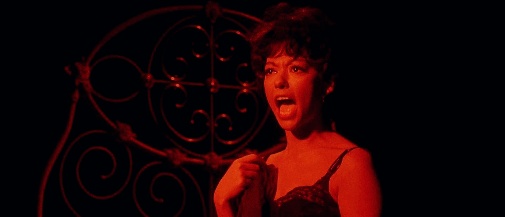
1938) Miliza Korjus, The Great Waltz
1952) Jean Hagen, Singin' in the Rain
1953) Marjorie Rambeau, Torch Song
1961) Rita Moreno, West Side Story
1964) Gladys Cooper, My Fair Lady
1965) Peggy Wood, The Sound of Music
1967) Carol Channing, Thoroughly Modern Millie
1968) Kay Medford, Funny Girl
1982) Lesley Ann Warren, Victor/Victoria
1983) Amy Irving, Yentl
2002) Catherine Zeta-Jones, Chicago
2002) Queen Latifah, Chicago
2006) Jennifer Hudson, Dreamgirls
2009) Penélope Cruz, Nine
2012) Anne Hathaway, Les Misérables
2014) Meryl Streep, Into the Woods
2021) Ariana DeBose, West Side Story
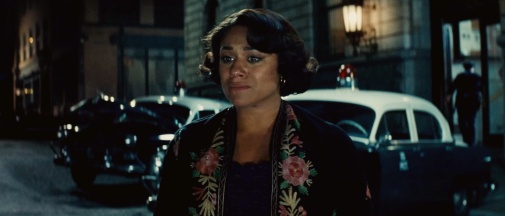
Some of these aren't musical performances, though they're presented within such a movie. For example, Amy Irving never gets to show off her vocal prowess in Yentl, where only star-director Barbra Streisand sings. However, she should still count for the list.
Moving on, 29% of people nominated in this category for a musical take home the prize. Furthermore, it's no surprise that the 1960s and 2000s are the best decades for this happening, representing two times the industry went wild for the genre. Of course, they also represent the glory before the fall and the eventual comeback if you're familiar with the history of movie musicals in Hollywood.
In other words, if Brooks can guarantee her nomination for the next Academy Awards, she could easily win. To help her case, the actress will have plenty of Oscar clip opportunities with numbers like "Hell No!" and "Any Little Thing." But then, there's the matter of Henson, blessed with a more central part and plenty of great songs but less ecstatic notices. A similar fate befell Jennifer Hudson, who failed to be Tony-nominated for the same part in 2016. Still, as a previous Oscar nominee and the movie's biggest name, Taraji P. Henson will likely pop up throughout the season. Also, it's not like the Best Supporting Actress race is resistant to double-dipping.
Indeed, of the four acting categories, it has the highest number of multiple nominees from the same movie. Check it out!
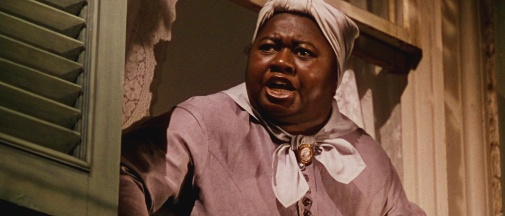
1939) Olivia de Havilland & Hattie McDaniel, Gone with the Wind
1941) Patricia Collinge & Teresa Wright, The Little Foxes
1942) May Whitty & Teresa Wright, Mrs. Miniver
1943) Gladys Cooper & Anne Revere, The Song of Bernadette
1945) Eve Arden & Ann Blyth, Mildred Pierce
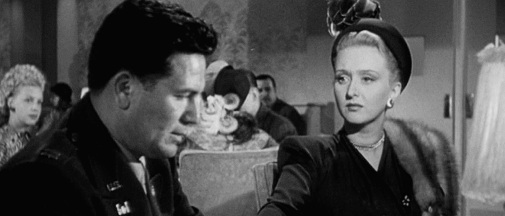
1947) Celeste Holm & Anne Revere, Gentleman's Agreement
1948) Barbara Bel Geddes & Ellen Corby, I Remember Mama
1949) Ethel Barrymore & Ethel Waters, Pinky
1949) Celeste Holm & Elsa Lanchester, Come to the Stable
1950) Celeste Holm & Thelma Ritter, All About Eve
1954) Jan Sterling & Claire Trevor, The High and the Mighty
1957) Hope Lange & Diane Varsi, Peyton Place
1959) Susan Kohner & Juanita Moore, Imitation of Life
1963) Diane Cilento & Edith Evans & Joyce Redman, Tom Jones
1965) Joyce Redman & Maggie Smith, Othello
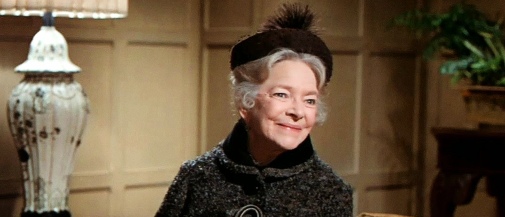
1970) Helen Hayes & Maureen Stapleton, Airport
1971) Ellen Burstyn & Cloris Leachman, The Last Picture Show
1973) Madeline Kahn & Tatum O'Neal, Paper Moon
1975) Ronee Blakley & Lily Tomlin, Nashville
1979) Jane Alexander & Meryl Streep, Kramer vs Kramer
1982) Teri Garr & Jessica Lange, Tootsie
1985) Margaret Avery & Oprah Winfrey, The Color Purple
1988) Joan Cusack & Sigourney Weaver, Working Girl
1989) Anjelica Huston & Lena Olin, Enemies, A Love Story
1994) Jennifer Tilly & Dianne Wiest, Bullets Over Broadway
2000) Kate Hudson & Frances McDormand, Almost Famous
2001) Helen Mirren & Maggie Smith, Gosford Park
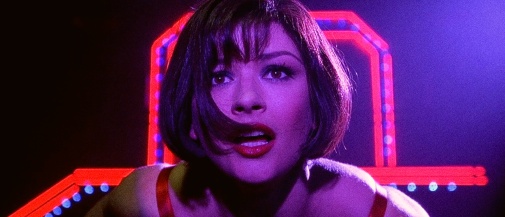
2002) Queen Latifah & Catherine Zeta-Jones, Chicago
2006) Adriana Barraza & Rinko Kikuchi, Babel
2008) Amy Adams & Viola Davis, Doubt
2009) Vera Farmiga & Anna Kendrick, Up in the Air
2010) Amy Adams & Melissa Leo, The Fighter
2011) Jessica Chastain & Octavia Spencer, The Help
2018) Emma Stone & Rachel Weisz, The Favourite
2022) Jamie Lee Curtis & Stephanie Hsu, Everything Evrywhere All At Once
Overall, it happened 35 times in 34 different years and resulted in thirteen victories. So, around 37% of these cases end in a little golden man for one of the nominees. It only happened with a musical once, in 2002, when Catherine Zeta-Jones took home the trophy for that year's Best Picture winner.
Curiously, the Sofia and Shug of Steven Spielberg's 1985 The Color Purple got nominated, so Brooks and Henson getting in would represent some lovely symmetry. They would only be the second and third instances of the same character leading to multiple Best Supporting Actress nominations. The only other time it happened in 95 years was in 2021 when Ariana DeBose repeated Rita Moreno's feat and won the award for playing Anita in West Side Story. Oh, look, another musical!
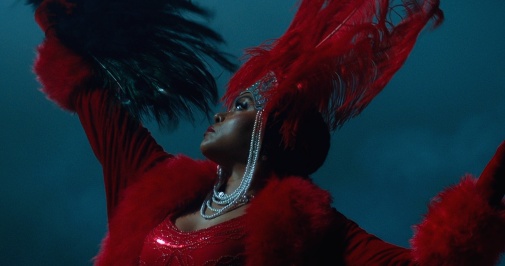
How will The Color Purple shake up the race? Are Brooks and Henson shoo-ins for Best Supporting Actress, or will the category's history prove more unpredictable still?